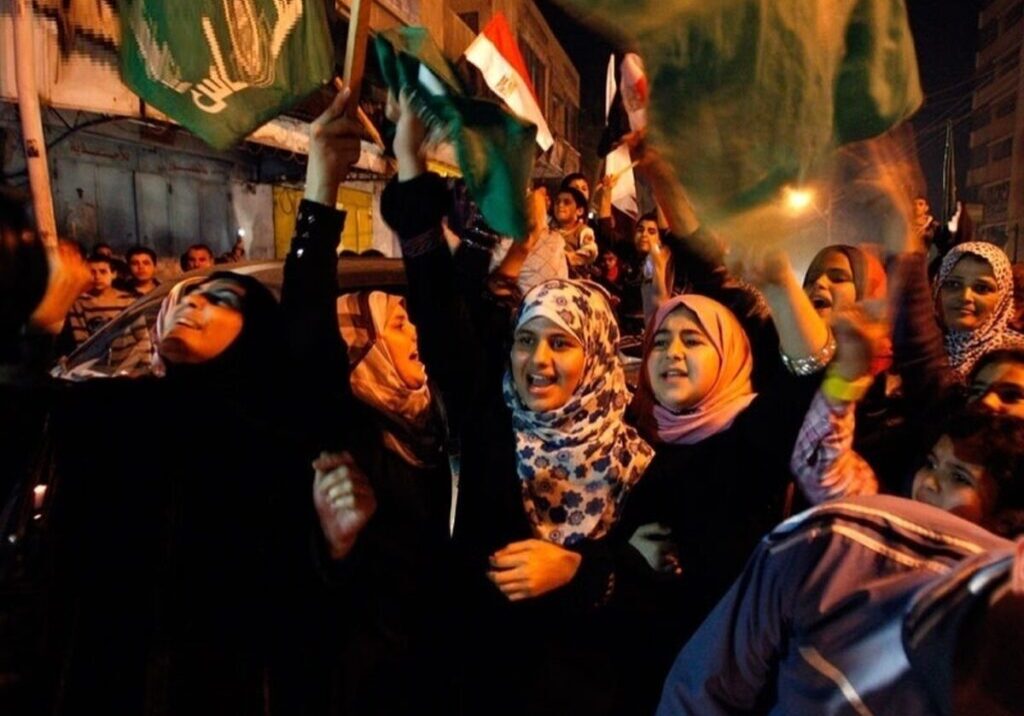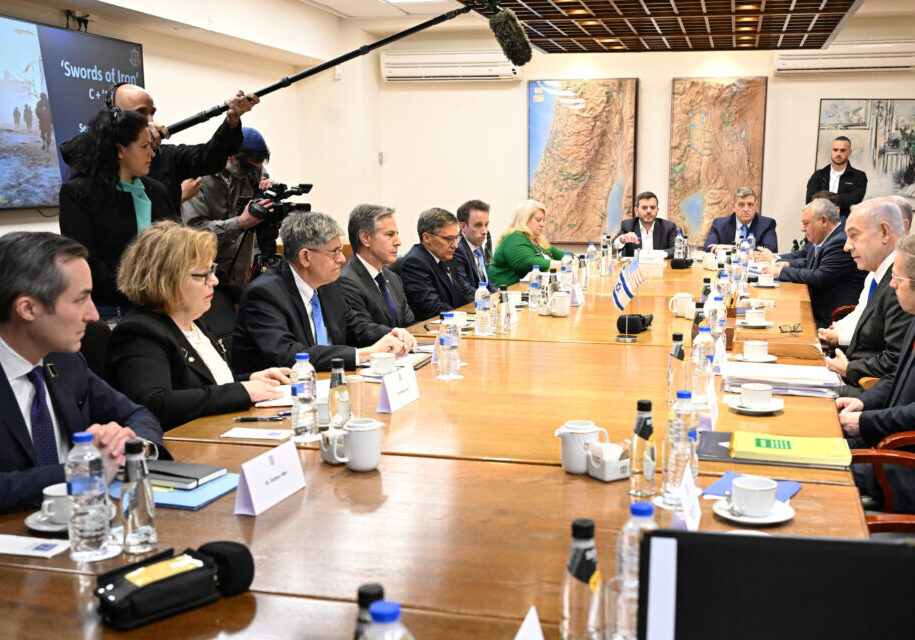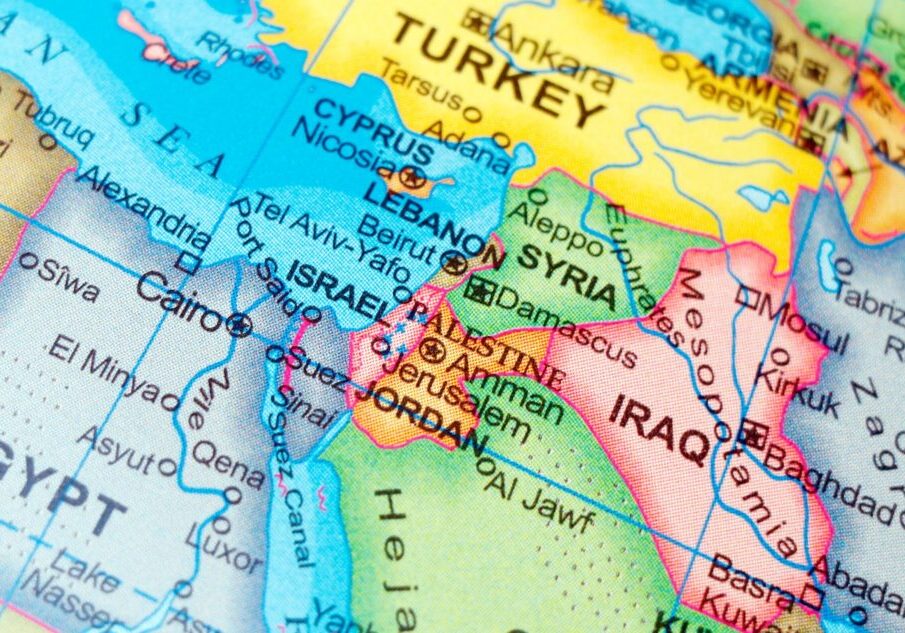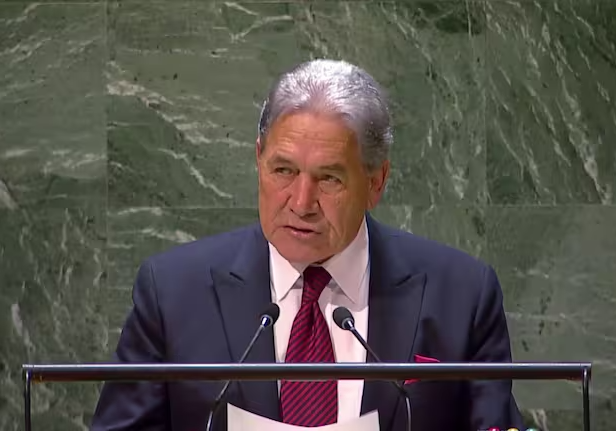Australia/Israel Review
Turkey, Israel and the West
Jun 30, 2010 | Soner Cagaptay
By Soner Cagaptay
Ever since the Islamist Justice and Development Party (AKP) assumed power in 2002, Turkish foreign policy has made a 180-degree turn. The country’s once-strong ties with the United States and Israel have been weakened, and entry talks with the European Union have stalled while Ankara has come to the defence of the Iranian nuclear program and Hamas. The reason for this shift is simple: Prime Minister Recep Tayyip Erdogan and his government believe that Samuel Huntington was right, that there is a clash of civilisations. Only they are on the side of the Islamists, not the West.
For the AKP, “Turkey’s traditionally strong ties with the West represent a process of alienation.” This is a quote from Strategic Depth, the opus written by Ahmet Davutoglu, Turkey’s foreign minister. Unfortunately, Strategic Depth has not been translated into English, though Westerners would do well to read it to get a better understanding of Ankara’s thinking. The work’s executive summary answers all questions about the AKP’s foreign policy: “Since the end of the Ottoman Empire, Muslims have gotten the short end of the stick, and the AKP is here to correct all that.”
The AKP won’t correct all wrongs against Muslims, though. This is because Islamism – a political ideology that sees Muslims in perpetual conflict with the West and with “non-believers” – and not Islam, guides the AKP’s foreign policy. Ankara will therefore favour other Islamists over Muslims that don’t share their Manichean worldview. Thus, the party will forgive and even defend the ills of Islamist regimes against fellow-Muslims, such as the Sudanese genocide of Darfuris or Teheran’s suppression of its own population. Likewise, it will support Islamist Hamas and its violent goals, but not the secular Palestinian Authority or the peaceful Palestinian cause.
This selective solidarity also applies to ills committed against Muslims by non-Muslims, as long as those non-Muslims are anti-American or anti-European. That’s because political Islam has made the strategic decision that the enemy of its enemy is its friend. Hence, Russia will get a pass regardless of how many Chechens it kills.
Ankara, though, will always singularly target Israel, because the AKP adheres to the Islamist view that the Jewish State as such – irrespective of its specific borders or policies – will always be a sore in the “Muslim world”.
There is little the West can do to change the AKP’s foreign policy outlook. In fact, some policymakers and pundits in Washington and European capitals have, perhaps unwittingly, helped empower this development in the first place. Believing that the supposedly reformed Islamist AKP could be a bridge-builder between Western and Muslim countries, they promoted the new Turkish Government as a special mediator in the region while shielding it from those critics who worried early on about the AKP’s worldview.
Allowing such an Islamist catalyst into the Middle East’s conflicts produced devastating results. Because the AKP sees a clash of civilisations everywhere it looks, it cannot be an impartial mediator. Hence, when the AKP was allowed to interject itself between Hamas and the Palestinian Authority, or the United States and Iran, it quickly became a tribune for the Islamist side, rising in their defence. After eight years of increasingly authoritarian and dominant AKP rule at home, many Turks now also see the world through the Islamists’ eyes of a civilisational clash.
Even though the AKP is the main political force in the country, the party’s popularity has been sliding after the opposition Republican Peoples’ Party elected a new charismatic leader. One survey even showed the opposition party pulling ahead of the AKP for the first time since 2002. Recent polls, however, show that the Gaza debacle which resulted in the tragic death of Turkish citizens has boosted the AKP’s popularity.
The government will no doubt continue to use populist, anti-Western foreign policy to boost its popularity in the run up to next year’s elections.
The West needs to face the reality that, despite the country’s NATO membership, Turkey can no longer be considered a Western ally under the AKP. In order to contain the AKP’s Islamist influence not just in Turkey but also in the region, the West must deny the Erdogan Government the influence and prestige that comes with being promoted as a regional mediator. It’s time for Western leaders to distance themselves somewhat from Ankara.
Soner Cagaptay, a senior fellow and director of the Turkish Research Program at the Washington Institute for Near East Policy, is the author of Islam, Secularism and Nationalism in Modern Turkey: Who is a Turk? (Routledge, 2006). © Dow Jones, reprinted by permission, all rights reserved.
Tags: Islamic Extremism






